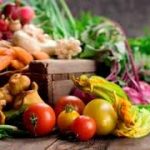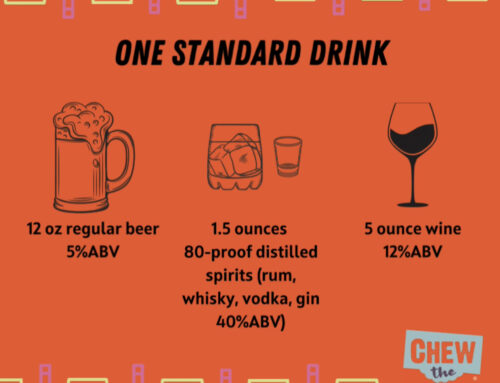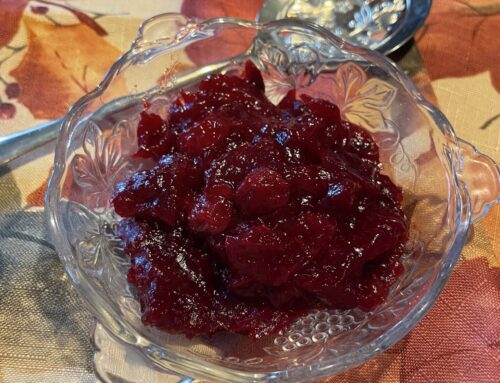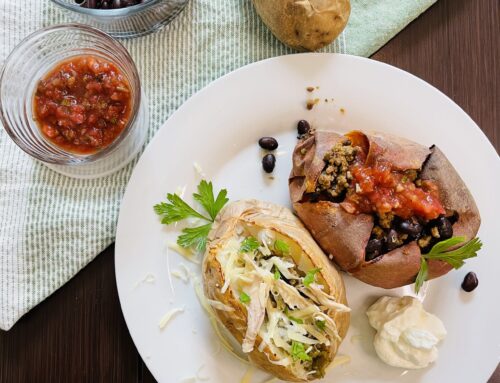 In my 28 years of practice in the field of food and nutrition, I don’t remember a time when food and diet were so controversial. The Internet and social media have provided a platform for everyone – regardless of whether or not they have any background in nutrition or diet therapy – and, they want to tell you what to eat. As a registered dietitian-nutritionist whose charge is to clarify the science behind the claims for consumers, all of the published pseudoscience on the Internet keeps me busy.
In my 28 years of practice in the field of food and nutrition, I don’t remember a time when food and diet were so controversial. The Internet and social media have provided a platform for everyone – regardless of whether or not they have any background in nutrition or diet therapy – and, they want to tell you what to eat. As a registered dietitian-nutritionist whose charge is to clarify the science behind the claims for consumers, all of the published pseudoscience on the Internet keeps me busy.
Interestingly it seems that the extreme ends of the diet spectrum are the most passionate. Let’s take a look at the Paleolithic diet and the Vegan diet.
Paleo Basics:
- Eat as your Paleolithic ancestors did, 12,000 years ago
- Focus on lots of protein from grass fed meats, fish
- Non-starchy Vegetables (claiming potatoes are bad)
- Avoid most grains, including wheat (no breads, cereals, pasta, rice)
- Avoid vegetable cooking oils
- Limit fruits
- Limit added sugar and fats
Vegan Basics
- Avoid all animal products – all meat, fish, seafood, eggs, dairy, and products derived from them (which may include bees – no honey)
- Include vegetable protein, soy, nuts, and seeds
- Pure vegans also avoid other animal products (leather, wool) and are usually vocal proponents of animal welfare.
I can advocate a vegan diet (when planned properly) for health, but I can’t advocate the Paleo lifestyle for long-term health. The only benefit to a Paleo diet is, perhaps, short-term weight loss. A vegan diet is a very healthy way to eat, but for some, it may not always be the most enjoyable choice. There’s no question that plants are more medicinal than meats, but I like to help people improve their health by choosing a diet they enjoy, and can sustain. If Vegan is that choice for them, great, but many people can achieve good health and prevent disease, meeting somewhere in the middle: Less meat, and more plants.
Many proponents of both the Paleo and Vegan diets and lifestyles however, support their choices as if it were a religion, and in some cases are using diet as a political statement. We are blessed with a wide variety of food to eat in our country. I encourage everyone to also consider the environmental impact your diet may have, and do your best to conserve energy in general, but it’s not an all or nothing proposition. You can meet halfway.
The DASH and the Mediterranean Diets are the dietary middle ground. Both of these diets promote a good dose of vegetables and fruit, and small amounts of animal protein. The DASH diet also includes 3 servings of low fat dairy, since the research trials showed that the groups who included the dairy daily lowered blood pressure more than the groups who did not. A wide variety of foods can be included with both diets, and the diets are sustainable and evidence-based.
In terms of overall public health, there’s not one meal plan for all. Everyone has individual food preferences, and some people may be intolerant to certain foods or beverages. Yet everyone can choose to eat a healthy diet – and would especially benefit by meeting with a nutrition counselor. A registered dietitian can help you make choices that are going to based on what you enjoy eating, your health, and what your body tolerates, among other things (culture, traditions, budget, region, availability of various foods, medical nutrition needs).
If you choose to “go on a diet”, or subscribe to a restrictive lifestyle, that’s your choice. I don’t think it’s appropriate to convince everyone that your choice is the best choice for everyone. What is clear (and supported by science) is that everyone benefits from adding more vegetables to their diet, and science does back up a plant-based diet. Let’s just agree on that, and leave the rest to personal preference.




